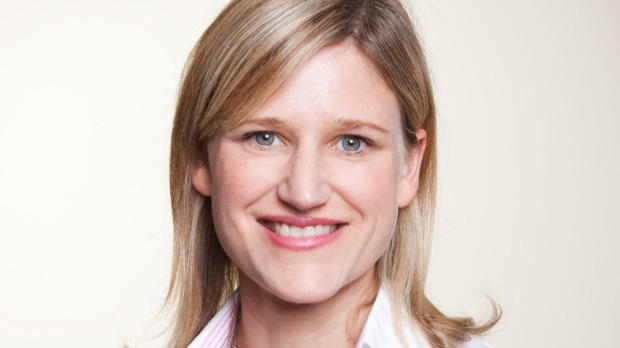For the last four elections in a row, the number of residential properties sold in the three-month period after the election has increased when compared with the same period prior to the election, according to analysis by REINZ.
With sales volumes in September at a 42-month high, the question that real estate agents are starting to ask now that the election is over is: “Is this the start of an even busier summer of sales or will 2020 continue to be an anomaly?”
Traditionally we see the three-month period prior to an election period as being a time of more subdued housing activity when compared to the three-month period after the election.
This is because people tend to take a “wait and see approach” in terms of how housing policy might impact them.
If we see the usual type of post-election sales rise, we could be in for an extremely busy end to the year – especially given how busy things are at the moment.
Normally we see more listings come on to the market as the weather starts to warm up, and we’re already starting to see early signs of this happening.
So we have no reason at this point in time to believe that sales volumes of residential properties won’t follow the same trend post-election.
It has to be said though that if 2020 has taught us anything thus far, it’s to expect the unexpected. So there is a chance, albeit small, that we might not see an uplift as we head towards summer.
But there are no signs at this point in time suggesting a slow-down may be around the corner.
In fact, with record low interest rates, no LVRs and the first sub 2% mortgage rate in the country, we could well expect a continuation of growth as we head towards Christmas.
Read more:
Sales, prices skyrocket in defiant market



 Search
Search
